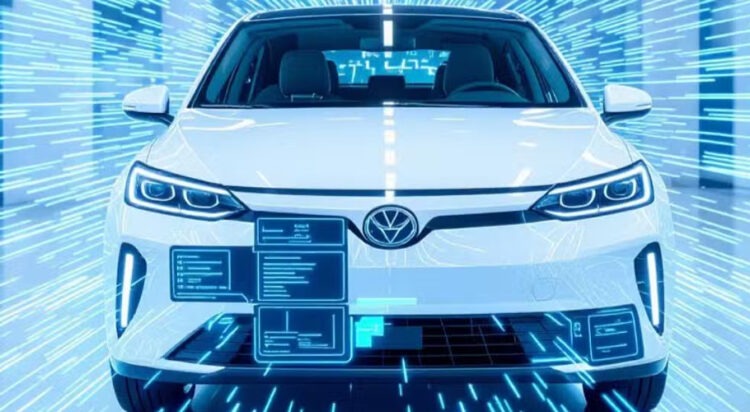A milestone in Pakistan’s traffic system
Pakistan has unveiled its first artificial intelligence (AI)-powered driving test car, a major innovation designed to make driving tests more transparent, modern, and free from human interference.
The initiative, introduced by Deputy Inspector General (DIG) Traffic Waqas Nazir, marks a significant step in the country’s efforts to digitize and improve its road safety and licensing system.
Officials say the AI-enabled car will help restore public confidence in the process of issuing driving licenses, which has long been criticized for corruption, favoritism, and inconsistencies.
How the AI driving test car works
The vehicle is equipped with advanced cameras, sensors, biometric systems, and AI-driven software that carefully monitor every action of the applicant during the test.
Key features include:
-
Facial recognition camera inside the vehicle to confirm the identity of the applicant.
-
Four external cameras to capture movements and driving performance.
-
Biometric fingerprint verification machine to prevent impersonation.
-
Automated voice instructions and built-in timer to guide applicants step by step.
-
Seatbelt and handbrake monitoring system to ensure compliance with safety measures.
-
Automated failure decision if reverse gear is misused multiple times.
At the end of the test, results are instantly uploaded to a digital system, leaving no room for manual interference.
Transparency and accountability
According to traffic authorities, this innovation will reduce human error and eliminate bias, two of the biggest complaints from driving test applicants. By removing the possibility of examiners influencing results, the AI system aims to make the licensing process fair and credible.
DIG Waqas Nazir emphasized that the new system is not just about technology, but about rebuilding trust in government institutions. “With AI, we ensure fairness. The machine has no bias,” he said during the launch event.
Road safety concerns in Pakistan
Pakistan has one of the highest rates of road accidents in South Asia. The World Health Organization (WHO) estimates that nearly 27,000 people die annually in road traffic accidents across the country. Many of these fatalities are linked to poor driving skills, lack of enforcement, and inadequate licensing procedures.
Experts argue that stricter, technology-backed testing can play a key role in improving driving standards. By ensuring that only competent drivers obtain licenses, authorities hope to reduce reckless driving and, ultimately, save lives.
Future expansion plans
Officials confirmed that the AI driving test car is currently being piloted in select cities, but there are plans to expand the system nationwide. If successful, this could transform Pakistan’s driving licence issuance process, aligning it with international best practices.
The government also aims to integrate the system with broader digital governance reforms. This includes linking driving licenses with national identity databases and traffic violation records, allowing for greater accountability.
Public reception and expectations
Early public reaction has been positive, with many citizens welcoming the use of AI in an area often plagued by corruption. Applicants believe the technology will help reduce unnecessary delays, bribery, and unfair failures.
However, experts warn that proper training for both staff and applicants will be essential to ensure smooth implementation. They also stress the need for regular audits of the system to prevent technical loopholes or misuse.
A step towards digital transformation
The launch of Pakistan’s first AI driving test car highlights the government’s growing reliance on digital solutions to tackle long-standing governance challenges. It also reflects a broader global trend, where countries are increasingly adopting AI in public services to enhance efficiency and fairness.
For now, the car represents more than just a technological achievement. It stands as a symbol of Pakistan’s push towards modernization, accountability, and safer roads for its citizens.















